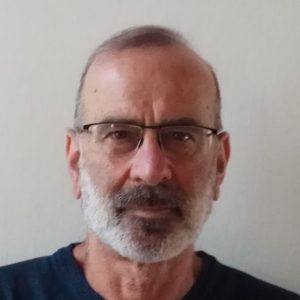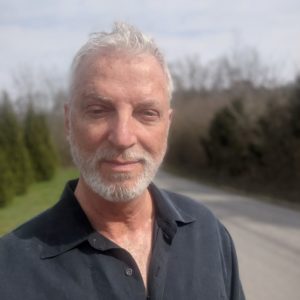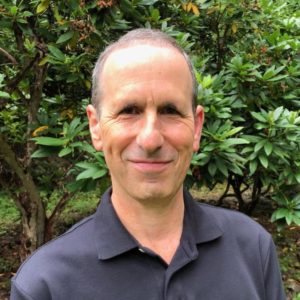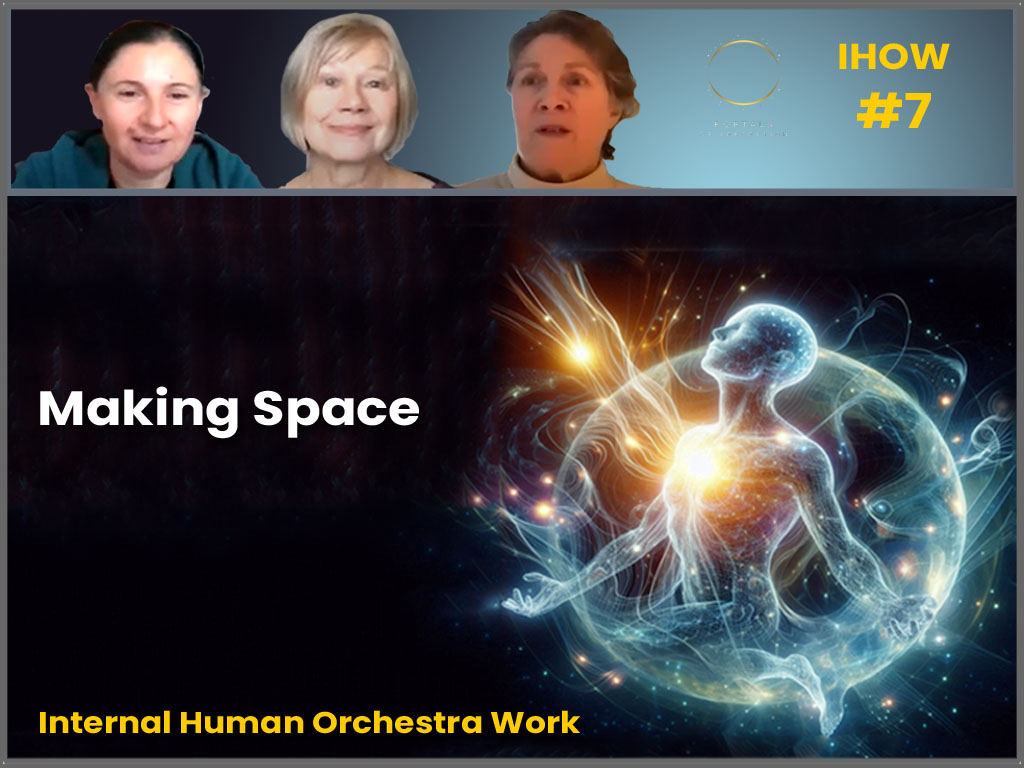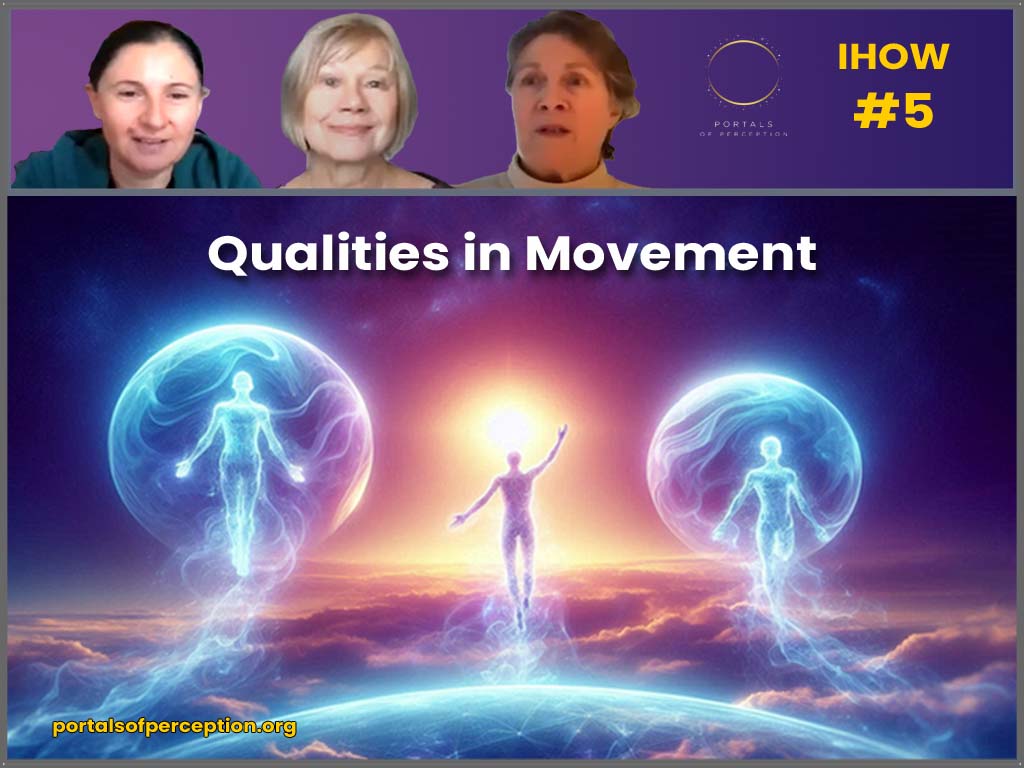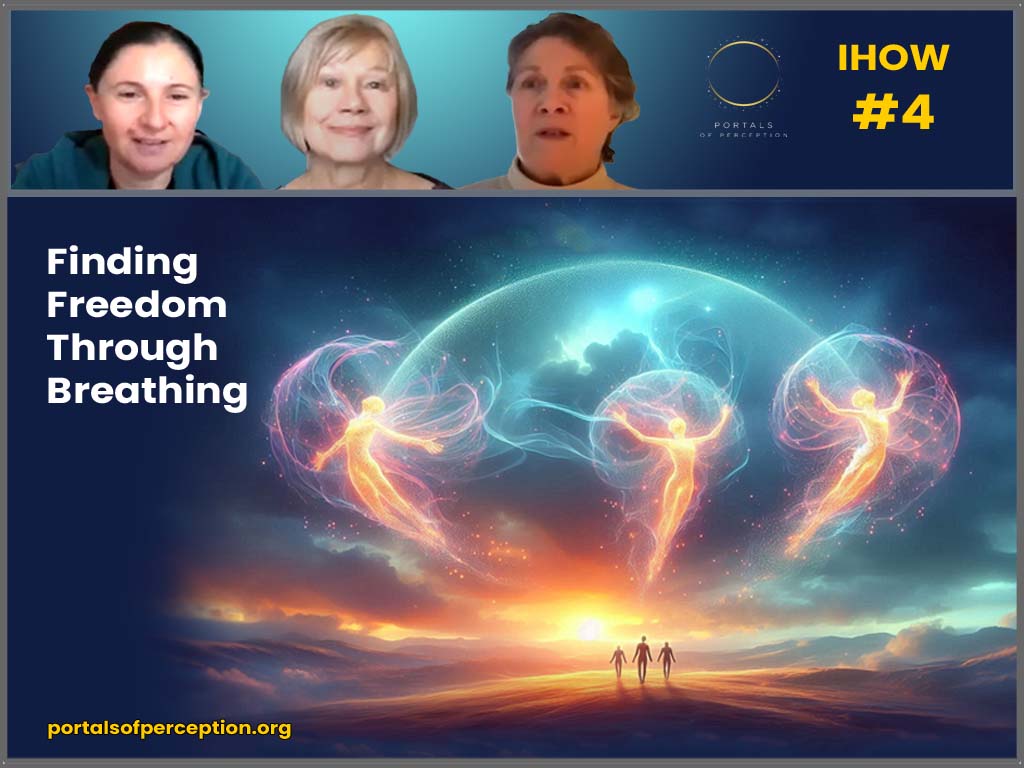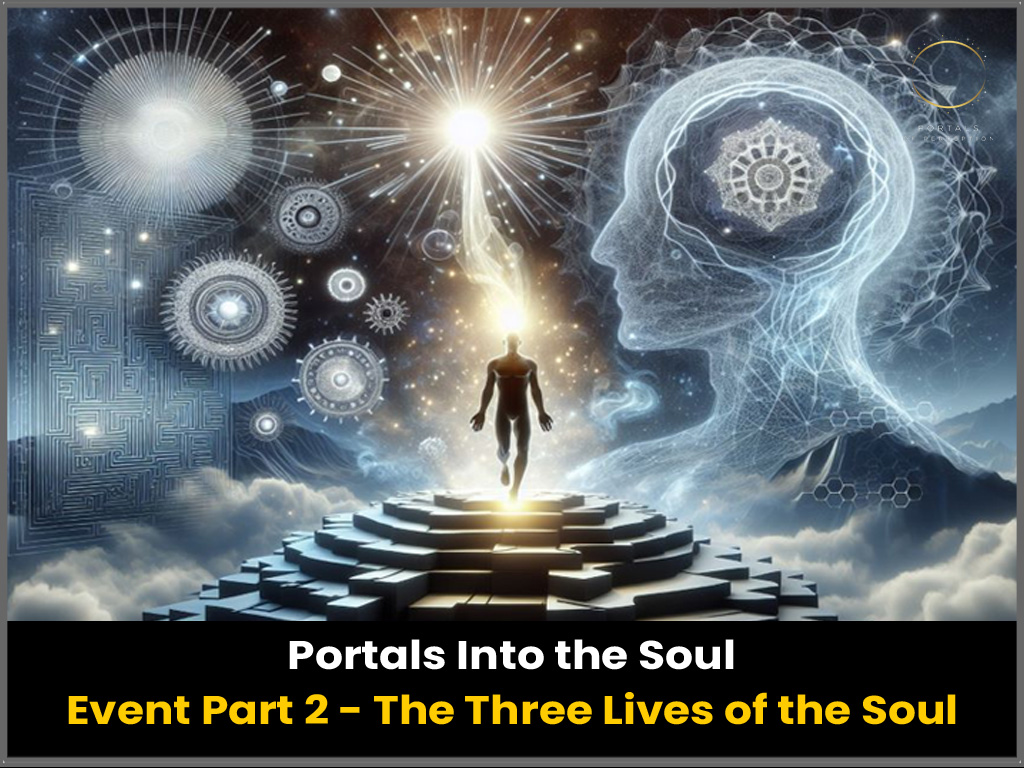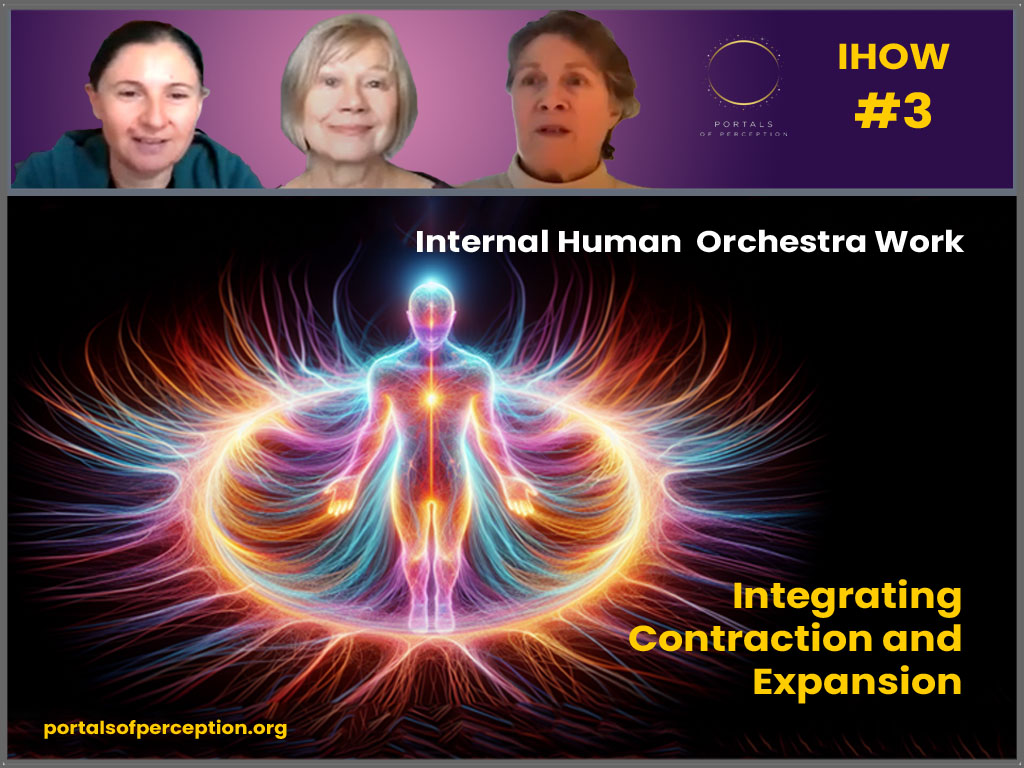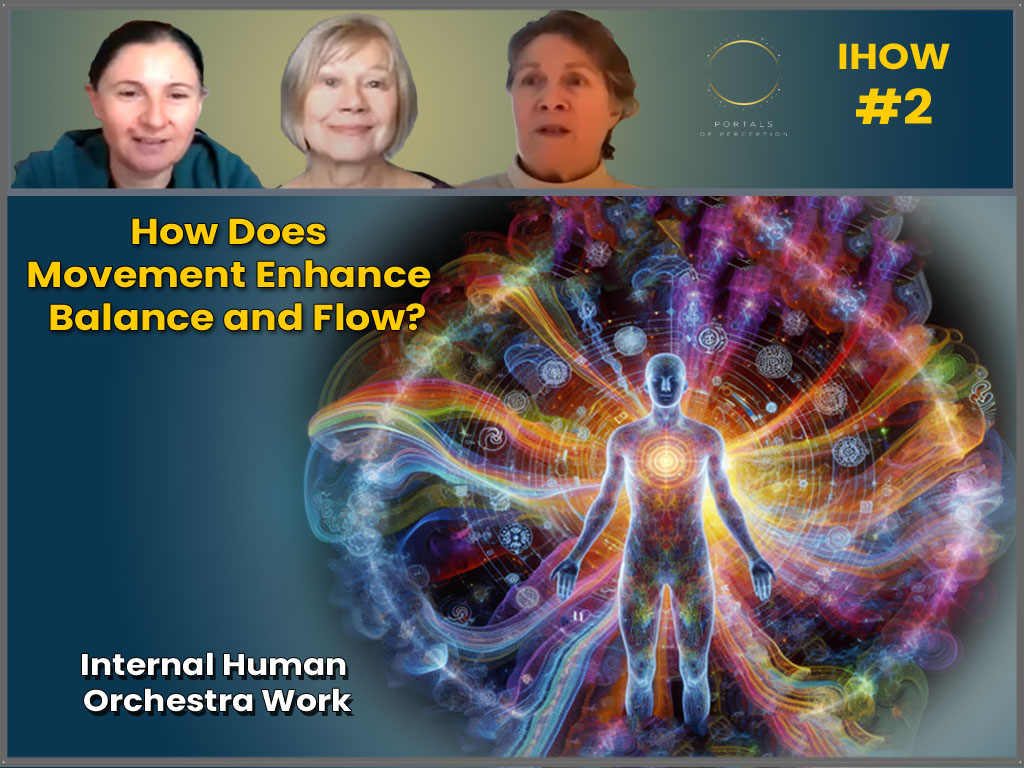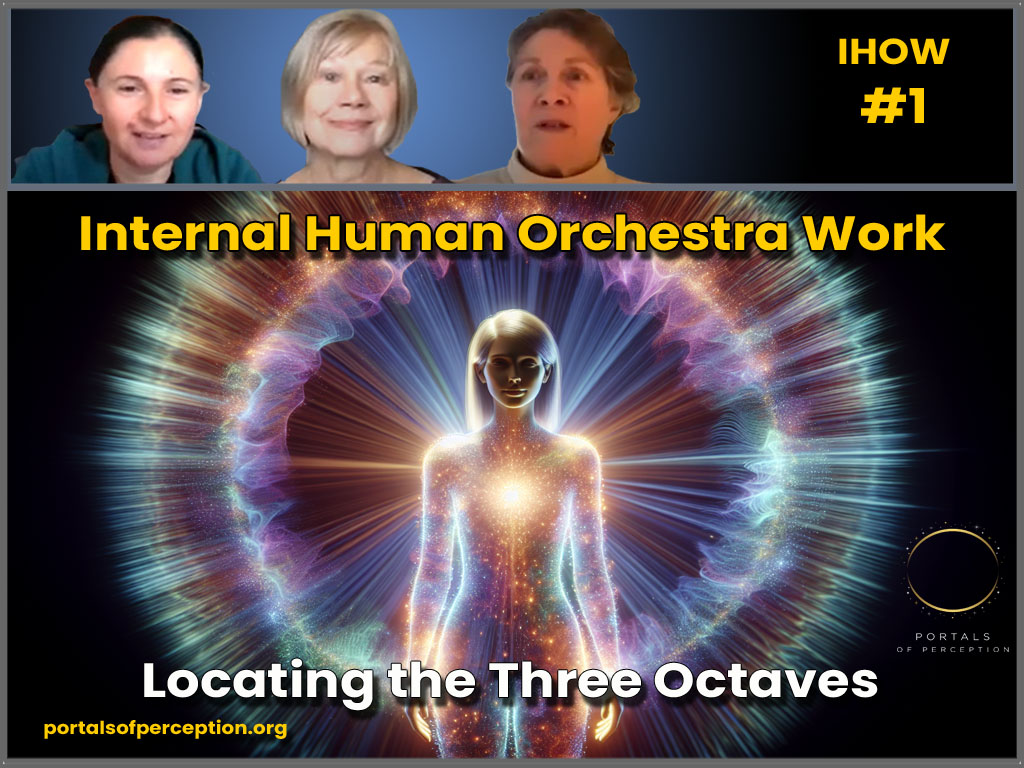Aviv: So here is number one: the economic stop-situation. And I ask you to consider, what do you believe is the economic stop-situation? And how might this be relevant to the inquiry in the way we framed it?
And to give you a starter, here is my starter reasoning. And again, what we are looking for are just starter considerations into each of those spaces.
So, I'm proposing that, for several decades after the World War, the Second World War, we were living in a unique time and permission, where most western democracies were experiencing significant growth and improvement in quality of life. And what you could trace as a central feature, in most of those nations, was an improved social mobility, improved quality of life, improved range of possibilities.

In the last several decades, the last 2, 3, 4 decades - it depends where you take it, some will take it to the beginning of the 70s, some will take it earlier, some will take it to the 80s, it depends how you choose to tell the story - but in the last three decades or so, even though it was still quite hidden in the decade of the 90s, because of the extraordinary bull market that was unleashed globally, because of the computing revolution, and because of the second wave of the computing revolution with internet, and because largely women came into the workforce, which was a transition from the 70s and the 80s, or the early 80s.
But what you certainly saw in the last two decades, and I propose, actually maybe three or four decades, is decreasing social mobility. And the system that worked for the many stopped working for the majority. And instead of that what was actually created was an increased separation between the haves and the have nots. And this was coupled with what became increasingly more pronounced in the 80s and into the 90s, which was the financialization of the economy, by which we mean that the financial sector became much larger than it was traditionally supposed to be.
If we look at the economy, if we look at politics, one word for me for each territory to touch upon is internal failure. For example, it would be greed to economics, and control to politics. It has been running along human history from the first moment politics came into the world and economics came into the world. So there is no solution for real if values and ethics aren’t taken into consideration.

